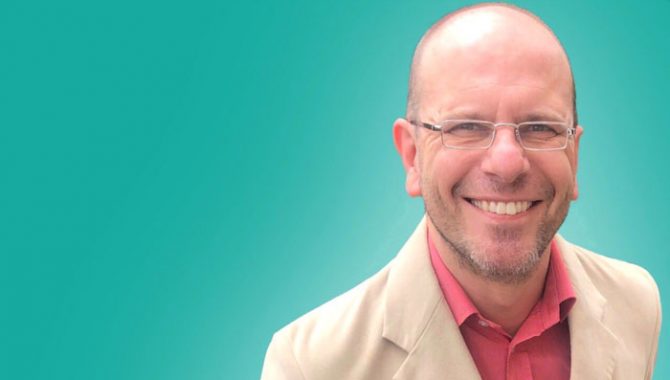—-
To stay in the loop with the latest features, news and interviews from the creative community around licensing, sign up to our weekly newsletter here

Creative consultant and Brands Untapped writer Deej Johnson shines a spotlight on three creativity killers – and how to avoid falling into their traps…
Do you think of creativity as an art or a science? While I’ve always seen it as more the latter, even habitually creative people can flounder under the wrong conditions. Oddly, though, most industries allow these conditions to thrive.
Here are three common ways in which people often stop creativity dead in its tracks… And what to do instead.
Bad Brainstorming
Of all the counterproductive ways to encourage ideas, this may be the most widespread. Consider this: if you have a lot of people who aren’t hugely confident playing their own musical instruments, how much better would they sound if you shoved them all in a room and said, “Do your best!”?
Unfortunately, the sheer busyness of brainstorming often creates the illusion of productivity. Really, though, it’s all gong and no dinner. Indeed, studies show it’s much more effective to ask individuals to come up with a number of ideas outside of a group environment.
Lack of Clarity
Think of the creative part of your mind as being like a computer – and remember the old programming adage: “Rubbish in, rubbish out!” This is important because it often seems that people give ill-defined goals or problem outlines in the mistaken belief that being vague serves as a launch pad for ‘blue-skies thinking’. It doesn’t.
It’s far better to identify a clear goal, and distinguish between an interest – what you want to achieve – and positions: the numerous ways in which you might achieve it.
Stopping at “I Don’t Know!”
Countless decision makers face a paradox when pushing teams for new ideas. On the one hand, they want innovation. On the other, they’re naturally risk averse.
And since they’re in no hurry to gamble on untried products, they ask countless questions about a new idea – despite it being too early in the process for anybody to have the answers…
This situation is exacerbated if the proponent admits the truth and says, “I don’t know”. Those words tend to provoke one of two different attitudes.
The first is of curiosity: people truly want to know more! Here, saying “I don’t know” simply finds a sea of possibilities, not the end of a notion.
The second, however, is often motivated by ego or insecurity, and can signal an idea’s imminent death. Specifically, the questioner appears to relish the fact that no one has an answer – as though they win a cash prize for finding a way to scupper new thinking.
Happily, you can handle both situations in exactly the same way. Simply acknowledge that the question is valid – and clarify that the idea is new: “That’s a great question! I just this second had the idea, though…” Then matter-of-factly say you don’t know – immediately adding, “…we should find out.”
Handled with integrity and respect, your not knowing everything about an idea needn’t be its downfall.
Enter your details to receive Brands Untapped updates & news.